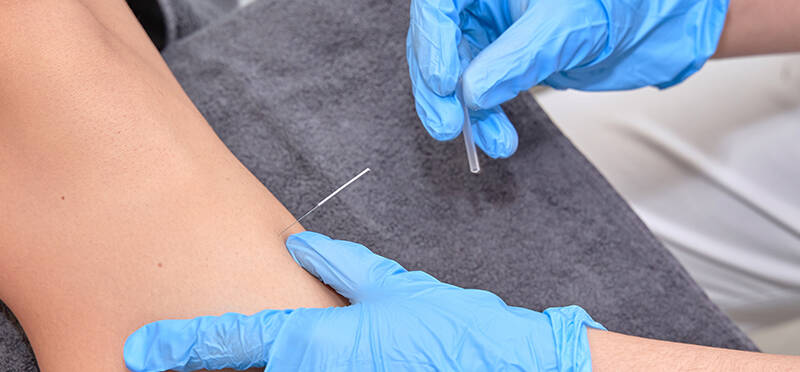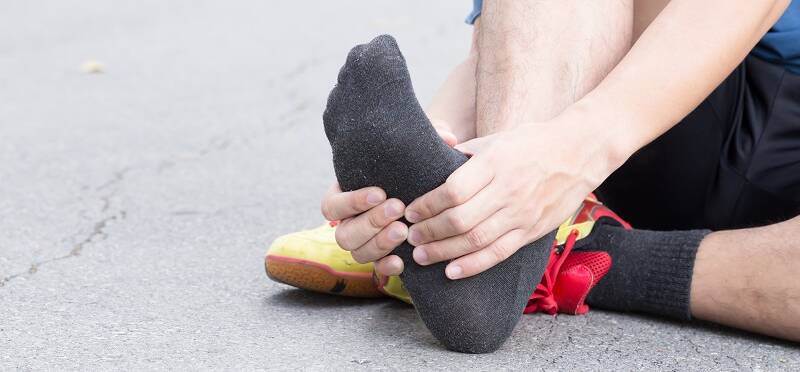I’m a Physical Therapist, and These Are 3 Reasons Why I Swear By Dry Needling For My Patients
Posted on May 22, 2024 by Peter Batz, PT, DPT, OCS, CMTPT, AIB-VRC
When someone comes to physical therapy, what exactly are they looking for? The likely answer is to feel better in...
(more…)







